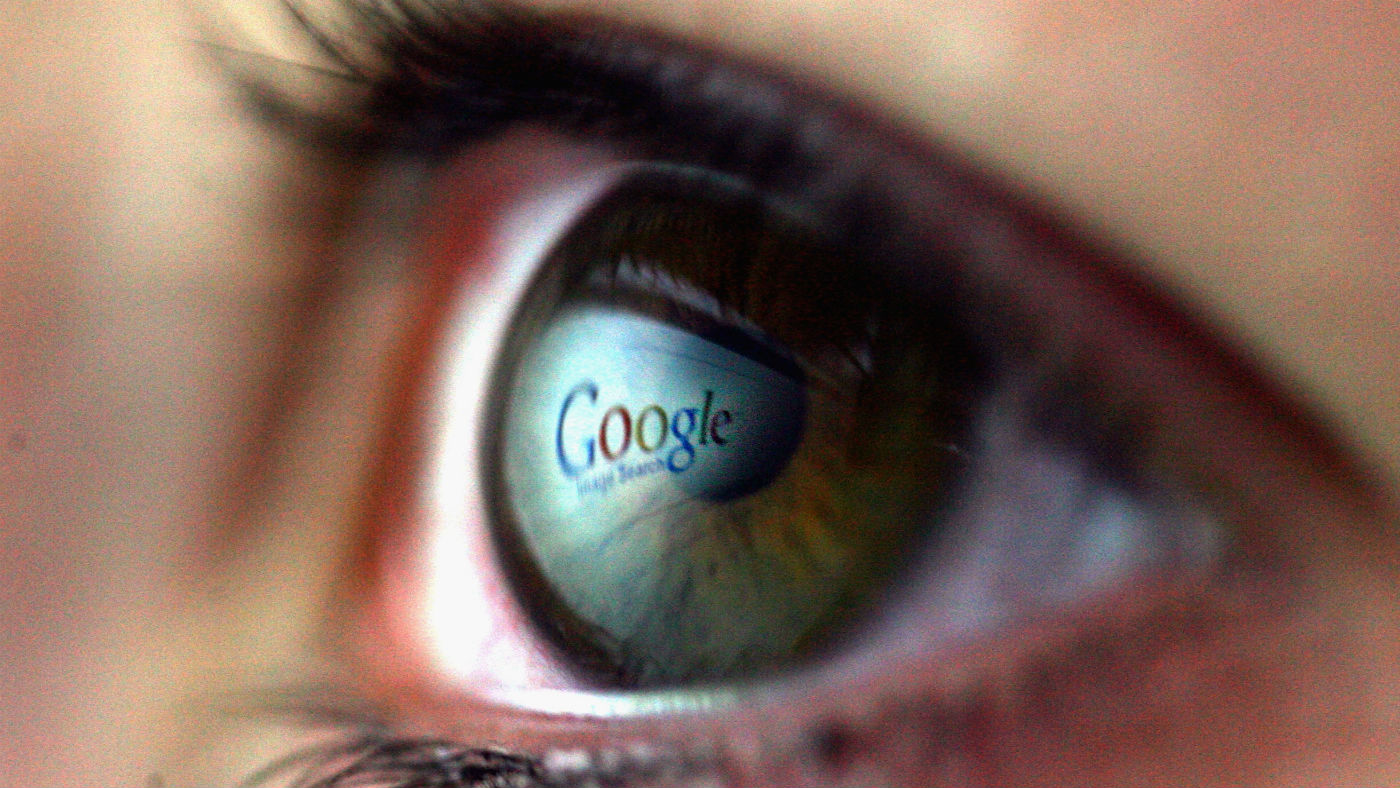Google bows to pressure to tackle extremist content
Internet giant introduces new measures to identify and remove terror-related material on YouTube

A free daily email with the biggest news stories of the day – and the best features from TheWeek.com
You are now subscribed
Your newsletter sign-up was successful
Google has unveiled new measures to identify and remove extremist material after coming under increasing political pressure to do more to tackle radical content online.
Plans include increasing the use of technology to help identify extremist and terrorism-related videos, hiring more independent experts for YouTube's Trusted Flagger programme, taking a tougher stance on videos that do not clearly violate Google policies and expanding YouTube's role in counter-radicalisation efforts.
This means the tech giant will, for example, take a tougher position on videos containing supremacist or inflammatory religious content, "even if they do not clearly violate its policies", says Reuters. Google will also issue a warning and refrain from selling advertising or recommending such videos for user endorsements.
The Week
Escape your echo chamber. Get the facts behind the news, plus analysis from multiple perspectives.

Sign up for The Week's Free Newsletters
From our morning news briefing to a weekly Good News Newsletter, get the best of The Week delivered directly to your inbox.
From our morning news briefing to a weekly Good News Newsletter, get the best of The Week delivered directly to your inbox.
Laying out the new measures in an opinion piece for the Financial Times, Google general counsel Kent Walker said the internet giant was working with "government, law enforcement and civil society groups to tackle the problem of violent extremism online".
He added: "The uncomfortable truth is that we, as an industry, must acknowledge that more needs to be done. Now."
Governments have pressed Google and social media firms to do more to remove militant content and hate speech following a wave of terrorist activity in Germany, France and the UK.
Last week, Facebook said it had ramped up the use of artificial intelligence such as image matching and language understanding to identify and remove content quickly.
A free daily email with the biggest news stories of the day – and the best features from TheWeek.com
However, despite increasing political pressure over extremism, "Google is evidently hoping to retain its torch-bearing stance as a supporter of free speech by continuing to host controversial hate speech on its platform, just in a way that means it can't be directly accused of providing violent individuals with a revenue stream", says TechCrunch.
-
 Political cartoons for February 18
Political cartoons for February 18Cartoons Wednesday’s political cartoons include the DOW, human replacement, and more
-
 The best music tours to book in 2026
The best music tours to book in 2026The Week Recommends Must-see live shows to catch this year from Lily Allen to Florence + The Machine
-
 Gisèle Pelicot’s ‘extraordinarily courageous’ memoir is a ‘compelling’ read
Gisèle Pelicot’s ‘extraordinarily courageous’ memoir is a ‘compelling’ readIn the Spotlight A Hymn to Life is a ‘riveting’ account of Pelicot’s ordeal and a ‘rousing feminist manifesto’
-
 Will AI kill the smartphone?
Will AI kill the smartphone?In The Spotlight OpenAI and Meta want to unseat the ‘Lennon and McCartney’ of the gadget era
-
 Has Google burst the Nvidia bubble?
Has Google burst the Nvidia bubble?Today’s Big Question The world’s most valuable company faces a challenge from Google, as companies eye up ‘more specialised’ and ‘less power-hungry’ alternatives
-
 How the online world relies on AWS cloud servers
How the online world relies on AWS cloud serversThe Explainer Chaos caused by Monday’s online outage shows that ‘when AWS sneezes, half the internet catches the flu’
-
 Is the UK government getting too close to Big Tech?
Is the UK government getting too close to Big Tech?Today’s Big Question US-UK tech pact, supported by Nvidia and OpenAI, is part of Silicon Valley drive to ‘lock in’ American AI with US allies
-
 Google: A monopoly past its prime?
Google: A monopoly past its prime?Feature Google’s antitrust case ends with a slap on the wrist as courts struggle to keep up with the tech industry’s rapid changes
-
 South Korea's divide over allowing Google Maps
South Korea's divide over allowing Google MapsTalking Points The country is one of few modern democracies where the app doesn't work
-
 Google avoids the worst in antitrust ruling
Google avoids the worst in antitrust rulingSpeed Read A federal judge rejected the government's request to break up Google
-
 Is AI killing the internet?
Is AI killing the internet?Talking Point AI-powered browsers and search engines are threatening the death of the open web